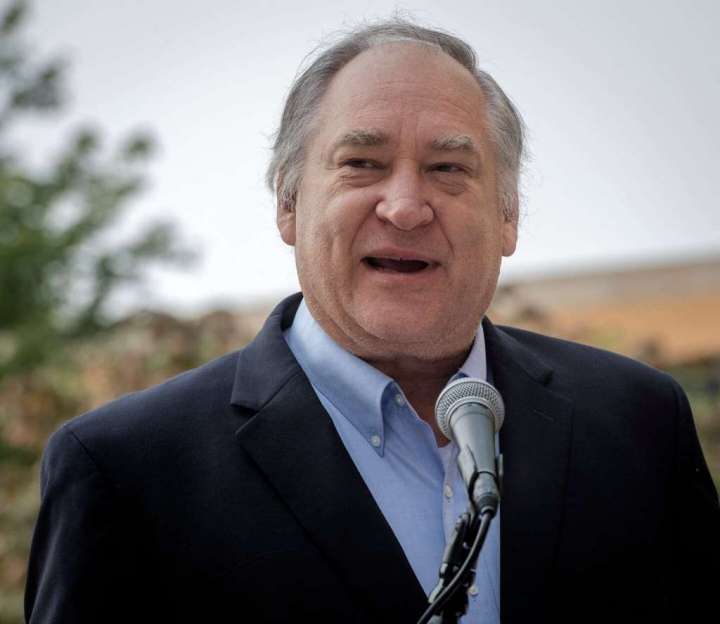Montgomery County Executive Marc Elrich’s refusal to enforce a local ordinance that bans the picketing of private residences has emboldened crowds to keep protesting outside Justice Brett M. Kavanaugh’s suburban home three weeks after he cast a decisive vote to overturn Roe v. Wade. Mr. Elrich’s reluctance to act is unfortunate — and he should reconsider his hands-off approach to protecting his high-profile constituents if protests that violate the county code take place. In welcome news, the Montgomery County Police Department reaffirmed Wednesday that “anyone violating the disorderly conduct statute may be subject to arrest.”
Enforce the anti-picketing law in Montgomery County

Mr. Elrich, a Democrat, had reacted sourly to Supreme Court Marshal Gail Curley’s public plea for him to use the law. “All you’ve got to do is look at [Vladimir] Putin’s Russia and get an idea of where you don’t want to go,” Mr. Elrich said. Such hyperbole insults the Russian people, who endure actual totalitarianism. Chevy Chase will not become Moscow if picketers start receiving $100 tickets. That is the civil penalty for violating the ordinance, which — in careful compliance with constitutional limits — allows protesters to march through a residential neighborhood so long as they don’t stop “at any particular private residence.”
The county insists no one is violating the law because protesters have always heeded warnings from police not to linger. But the court says large crowds have “loudly picketed” the homes of both Mr. Kavanaugh and Chief Justice John G. Roberts Jr., remaining for as long as 30 minutes. “This is exactly the kind of conduct that the Maryland and Montgomery County laws prohibit,” Ms. Curley wrote in a July 1 letter.
Mr. Elrich called this a “publicity stunt” and said Ms. Curley should have reached out privately. But Ms. Curley said officials did contact county police in May, after the draft abortion decision leaked, to ask that the anti-picketing law be enforced. A month later, a man allegedly flew across the country with plans to assassinate Mr. Kavanaugh and showed up on his block in the middle of the night.
Mr. Elrich is a staunch supporter of abortion rights, as is this Editorial Board. He has one set of constituents who are understandably and appropriately angry about the court’s action; they deserve the ability to exercise their First Amendment rights, as the county ordinance provides. But Mr. Elrich represents other constituents — three of the justices — who also possess the rights to feel safe and secure in their homes. One wonders whether Mr. Elrich, who is running for reelection in next Tuesday’s primary, would strike the same balance if the ideological tables were turned and he were more sympathetic to the views of those being targeted. (The Post has endorsed his opponent, businessman David Blair.)
Ironically, many anti-picketing laws are on the books because antiabortion activists harassed abortion providers at their homes. The Supreme Court upheld local ordinances prohibiting residential picketing in 1988, so long as they’re content-neutral, with then-Justice Sandra Day O’Connor writing: “There is simply no right to force speech into the home of an unwilling listener.”
To enter the arena of public service, whether electoral politics or judicial office, is to accept the inevitability of public criticism. But the First Amendment encompasses both protections for speech and limits about when and where it can be expressed. It doesn’t condemn those who go into public service to unceasing harassment and intimidation.






